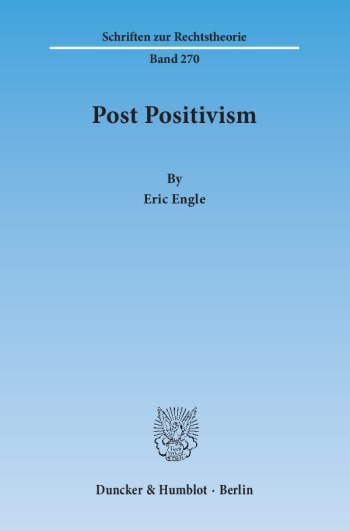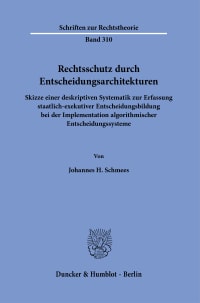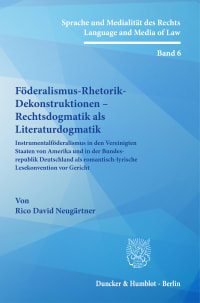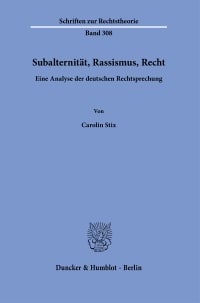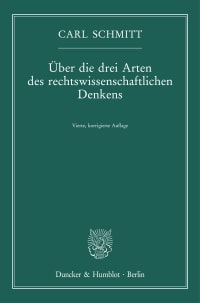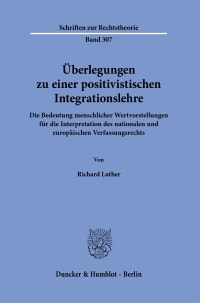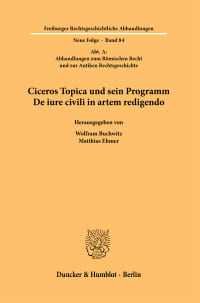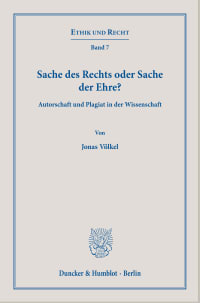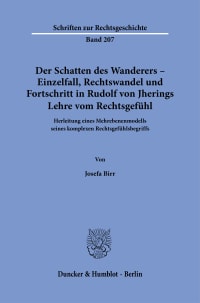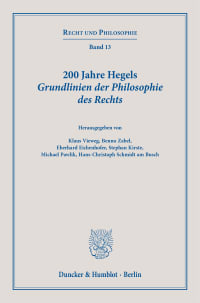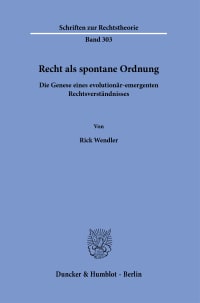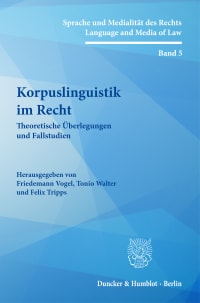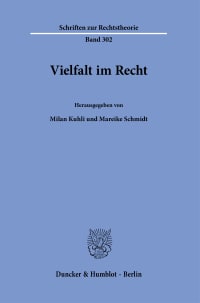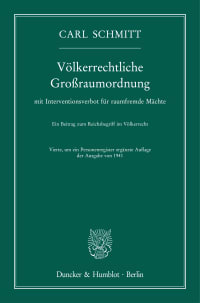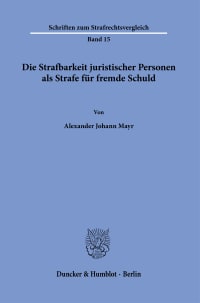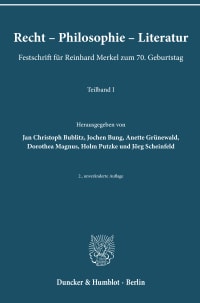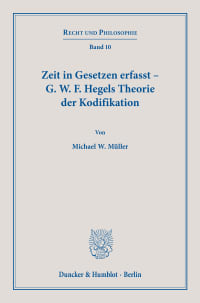Beschreibung
Post-positivism presents a materialist, holist, monist, cognitivist theory of law and justice. It argues that positivism and natural law are complementary, not conflicting, and that normative inference (is-to-ought) can be a valid form of logical reasoning. These are two key breaks from 20th Century legal theory, which wrongly assumed that normative inferencing was logically flawed and consequently that positivism and natural law were logically contradictory. David Hume never rejected normative inferencing. Hume's counsel was that whoever wishes to make a normative inference must express their implicit premises. Normative propositions can be recast as logical conditionals and thus be used as premises of syllogisms. Laws are best understood as logical conditionals (if-then statements). Logic consists of two branches, theoretical rationality and practical reasoning. The inadequacy of binary logic to accurately describe law is seen in several logical paradoxes about law, which can be avoided by multivariate logic.
Inhaltsübersicht
1. Method: Ontology, Epistemology, Axiology
2. Legal Theory in Antiquity: Aristotle
3. Pre Modern Theory: Medieval Scholasticism and the Universals (1400–1600)
4. Into Modernity: Natural Law and Normative Inference
Introduction: The Contemporary View – The False Dichotomy of Either Positivism or Natural Law but not Both – Normative Inferencing
5. Modernity: Social Contract and Natural Law
Natural Rights – Social Contract Theory – Contemporary Social Contract Theorists – Libertarians – Criticisms of the Social Contract – Conclusion: Explaining the Success of the Theory of Social Contract Theory
6. Late Modernity: Legal Realism
Introduction – The Judicial »Revolution« – Post War: Co-opting Radicalism to Serve Global Hegemony – Conclusion
7. Beyond legal Realism (1950–1980)
Introduction: The Failure of the Left – Epistemological Basis of Realist Legal method – Axiological Basis of Realist Legal Method. Hume and Kelsen – Legal Method – Conclusion: Beyond Legal Realism
8. Law and Economics (1980–?)
Introduction – The Origin of Contemporary L&E in Classical Economists – Law and Economics: Richard Posner – The Chicago School (Supply side Theory): Milton Friedman – The Vienna School – The School of Public Choice: James Buchanan – Conclusions
9. Kelsen
Normative Inference – Critique – Conclusion
10. After Modernity? Critical Legal Studies
The Origins of Critical Legal Studies: Legal Realism – Marxist Legal Theory – Critical Legal Studies – Post Modernism
11. Contemporary Legal Theory: Scientificity
Introduction – Scientificity of Law: How the Study of Law is Scientific – Language, Logic, and Law – A Critical Response to Duncan Kennedy's Theory of Argumentation – Pedagogy – Conclusion
12. Legal Indeterminacy and Autonomy of Law
Introduction – Truth – Logic – Conclusion: Law and Morality
13. Rights Discourse
14. The Right to Food
Global Conclusion
Bibliography, Table of Cases, Index
Bücher aus denselben Fachgebieten
Kontakt
-
+49 30 / 79 00 06 - 0
-
Bestellinformation
-
Versandkostenfrei innerhalb Deutschlands.
-
Für Kunden aus EU-Ländern verstehen sich unsere Preise inklusive der gesetzlichen Mehrwertsteuer und – außer bei digitalen Publikationen – zuzüglich Versandkosten. Für Kunden aus Nicht-EU-Ländern verstehen sich unsere Preise als mehrwertsteuerfrei und – außer bei digitalen Publikationen – zuzüglich Versandkosten.
-
-
Newsletter
